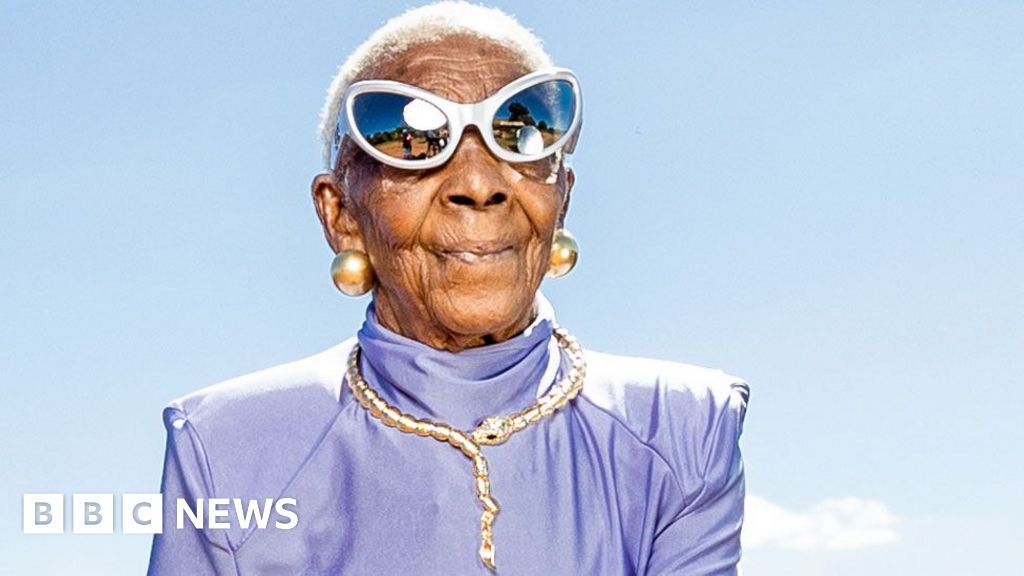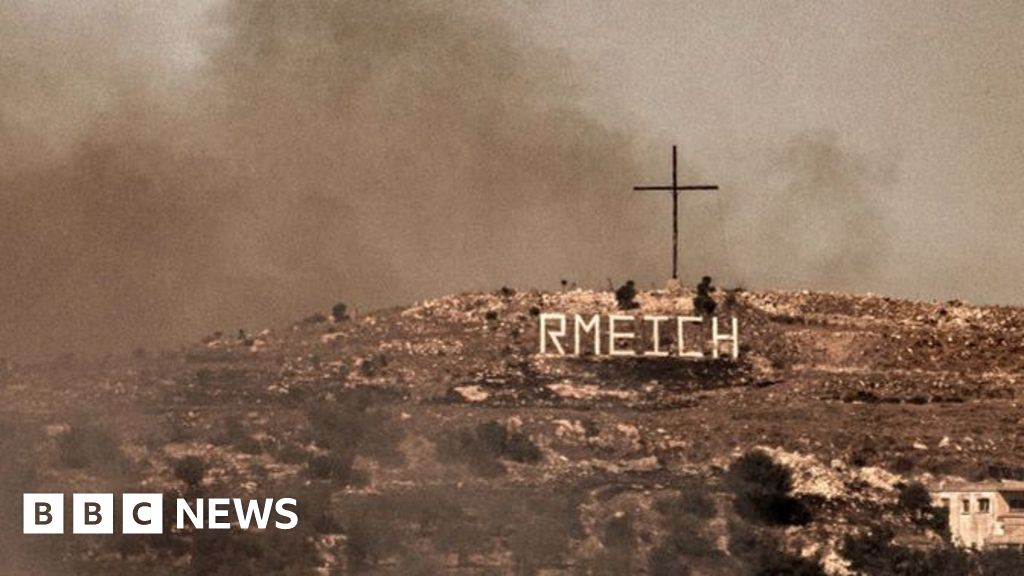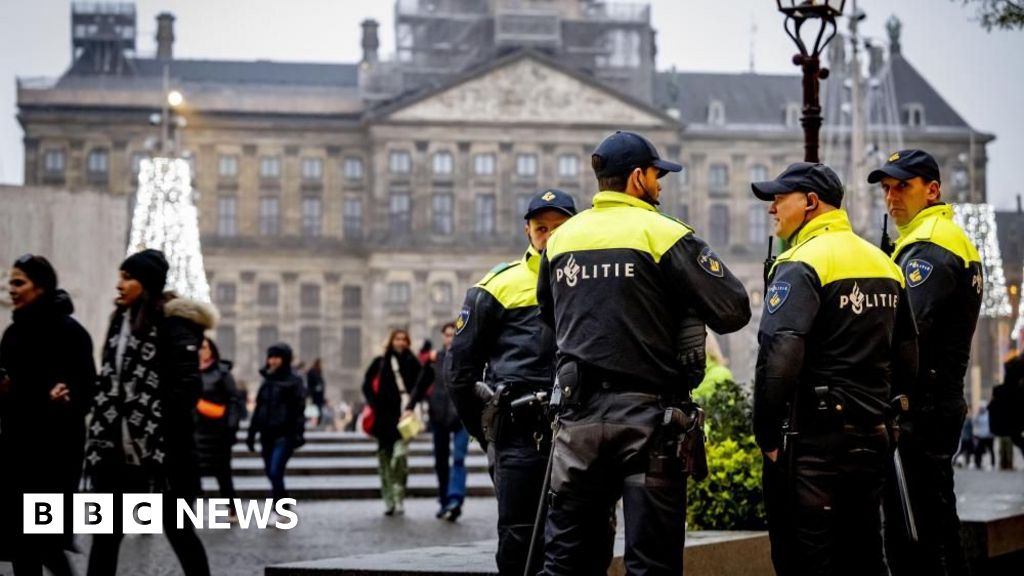ARTICLE AD BOX
Image source, Reuters
Image caption,Some of the skeletons are thought to have been moved to the site at a later time
Archaeologists in Peru have uncovered the remains of 25 people in the ancient city of Chan Chan.
The skeletons were found in a small space measuring 10 sq m in what was once the capital of the Chimú empire.
The Chimú ruled parts of present-day Peru. Their empire reached its height in the 15th Century before their defeat by the Incas.
Chan Chan, where the mass grave was found, was the largest mud citadel in pre-Columbian America.
Image source, DEA
Image caption,Chan Chan was a huge city in its time and boasted nine citadels and various temples
Experts think that the mass grave may have been a burial place where members of the Chimú elite were laid to rest.
Archaeologist Sinthya Cueva told Reuters news agency said that most of the remains belonged to young women. "None of them are over 30 years old."
While it is known that the Chimú carried out human sacrifices, including of children, archaeologist Jorge Meneses Bartra said that there was no evidence those in the newly discovered grave died that way.
Scientists will carry out tests to try to determine their cause of death.
Mr Meneses said that the position of one of the skeletons suggested that it had been buried there shortly after the person's death, while other bones appeared bleached by the elements and were jumbled together - suggesting that they had been moved to the grave site later.
Image source, Reuters
Image caption,Twenty-five skeletons were found inside a space of 10 sq m
According to Ms Cueva, the later shows that the Chimú handled and moved the remains of their loved ones.
The bodies were wrapped in a sitting position in several layers of fabric, the first of cotton and the second of vegetable matter.
Almost 50 pieces of ceramics were also found in the grave, local media reported.
You may also want to watch:
The rope bridge that's been rewoven for over 500 years

 3 years ago
25
3 years ago
25








 English (US)
English (US)